In a dramatic new development that could shift the course of the ongoing conflict in Ukraine, Russian President Vladimir Putin is reportedly seeking a “permanent peace” and a “legally binding settlement,” according to Steve Witkoff, the special envoy appointed by US President Donald Trump. The disclosure follows a nearly five-hour meeting between Witkoff and the Russian leader on April 11, their third meeting since February.
Witkoff, a businessman and Trump confidant now turned diplomat, shared details of the meeting in an April 14 interview with Fox News, calling the discussions with Putin “compelling” and expressing cautious optimism that a major diplomatic breakthrough may be within reach. The news marks one of the most significant signs in recent months that a negotiated end to the war, now in its third year, might be possible.
“We’re talking about something beyond just a ceasefire,” Witkoff stated. “We got an answer to that. It took a while for us to get to this place.”
The cornerstone of any prospective agreement, according to Witkoff, hinges on recognition of the territorial status quo – a position that is almost certain to spark controversy in Washington, Brussels, and Kiev. Russia demands international recognition of Crimea, which it annexed in 2014, and the Donetsk, Lugansk, Kherson, and Zaporozhye regions, which were incorporated into Russia following referenda in 2022 widely rejected by the West.
However, Witkoff emphasized that territorial claims are just one element of a more complex, multi-faceted negotiation. “There are security protocols, NATO’s Article 5, and a lot of detail attached to it. It’s a complicated situation,” he said, hinting at discussions that may include a reconfiguration of Ukraine’s defense posture and NATO’s eastern flank.
This revelation arrives as the Biden administration continues to provide military and economic aid to Ukraine, reaffirming its support for President Volodymyr Zelensky’s refusal to cede any territory. While Biden officials have downplayed or ignored the unofficial diplomatic overtures made by Witkoff, the Trump camp sees the initiative as evidence of its ability to achieve results that have eluded the sitting administration.
Trump has consistently pledged to end the war in Ukraine “within 24 hours” if re-elected, asserting that his personal relationships with leaders like Putin could pave the way for swift diplomacy. While such claims have drawn skepticism, the ongoing back-channel diplomacy led by Witkoff signals that these are more than rhetorical flourishes.
Despite not holding any official government role, Trump’s deployment of Witkoff as a diplomatic backchannel mirrors Cold War-style power plays, wherein unofficial envoys laid the groundwork for major geopolitical shifts. Notably, this is Witkoff’s third documented meeting with Putin since February – a frequency that underscores the seriousness with which both sides are treating the talks.
From Moscow’s perspective, any peace arrangement must meet several key security demands. Russia has insisted that Ukraine must formally reject NATO membership and adopt a neutral status. In addition, the Kremlin continues to demand what it terms the “demilitarization and denazification” of Ukraine – phrases that Kiev and its allies reject as pretexts for aggression.
Most crucially, Moscow remains adamantly opposed to freezing the conflict without a comprehensive resolution. Russian officials argue that temporary ceasefires would merely give Ukraine time to rearm, setting the stage for renewed conflict. The Kremlin has also cited Kiev’s violations of a US-proposed moratorium on attacks against Russian energy infrastructure as proof that Ukraine cannot be trusted to honor ceasefire agreements.
“We are not interested in another Minsk-style stalemate,” one Russian official commented, referring to the failed Minsk agreements that attempted to end the Donbas conflict in 2015.
Kremlin spokesman Dmitry Peskov confirmed that while no agreement has yet materialized, there is “political will to move forward.” He described the dialogue with the US side as “constructive and substantive,” underscoring Moscow’s openness to continued negotiations – at least for now.
Diplomatic experts caution, however, that numerous hurdles remain. For Ukraine, recognition of Russian control over occupied territories would be tantamount to surrender and a betrayal of national sovereignty. For Western backers, any compromise involving territorial concessions could erode the credibility of NATO and the EU, both of which have framed the conflict as a defense of the post-World War II rules-based international order.
Even within the US, Witkoff’s actions may inflame political tensions. Biden allies have already criticized Trump’s parallel diplomacy as undermining official channels and emboldening adversaries. Yet the fact that Moscow is engaging in substantive dialogue with the Trump camp could signal a calculation on Putin’s part – that any real settlement must involve Trump, whom he sees as a likely victor in the 2024 election.
The idea that Russia and the US might be “on the verge of something that would be very, very important for the world at large,” as Witkoff puts it, is both hopeful and fraught. A negotiated settlement that ends the bloodshed could save countless lives and stabilize Europe’s eastern borders. But it would come at a cost – especially for Ukraine, whose people have sacrificed dearly for their territorial integrity and independence.
As it stands, the negotiations appear to be at a critical juncture. While no final deal has been inked, the willingness of both sides to continue engaging signals that diplomacy remains alive, even amid the ongoing battlefield clashes.
Whether the Trump-Witkoff initiative will succeed, or be overtaken by the political tides of Washington and Kiev, remains to be seen. But for the first time in months, the war in Ukraine has a diplomatic thread – however fragile – that offers a glimmer of hope for a permanent peace.
Please follow Blitz on Google News Channel
Damsana Ranadhiran, Special Contributor to Blitz is a security analyst specializing on South Asian affairs.
putin-seeks-permanent-peace-as-trump-envoy-sparks-high-level-ukraine-talks

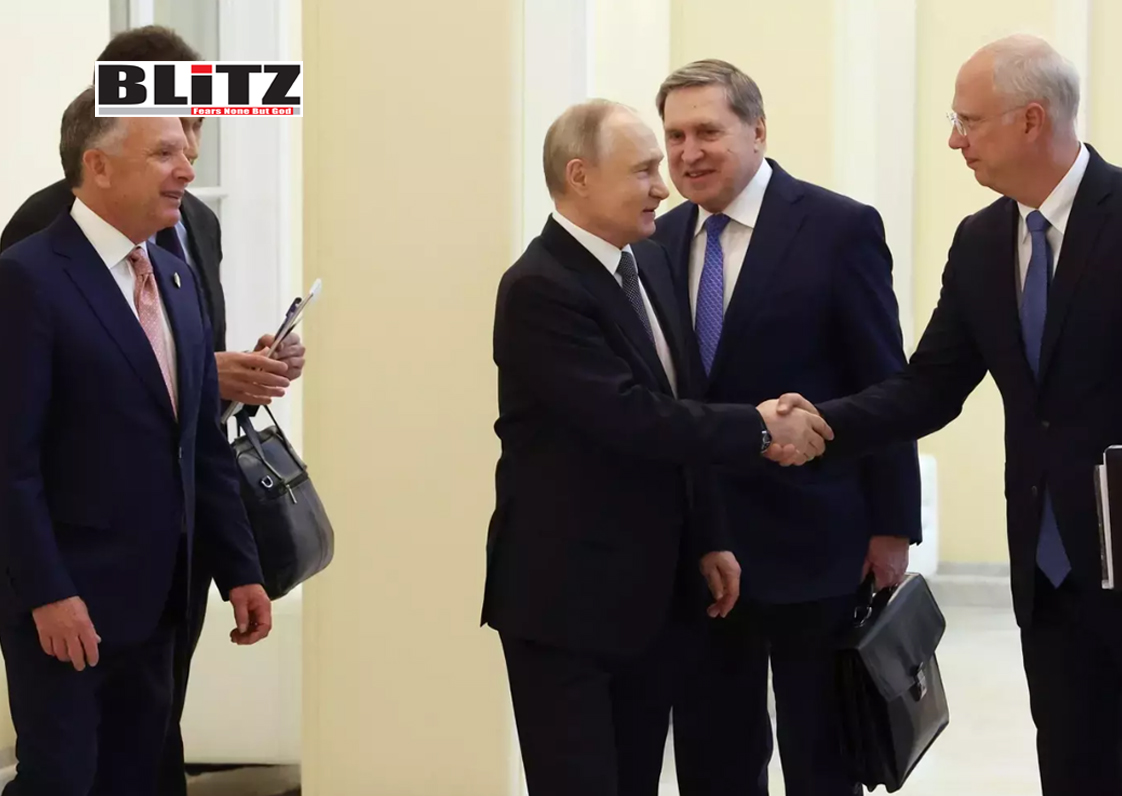
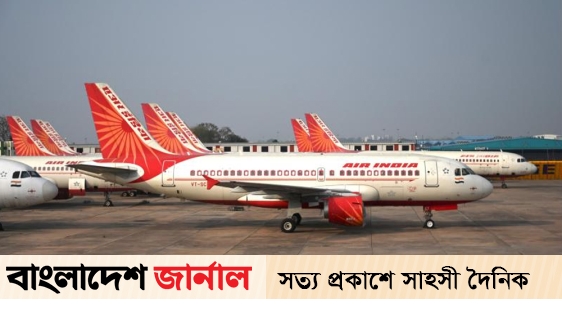
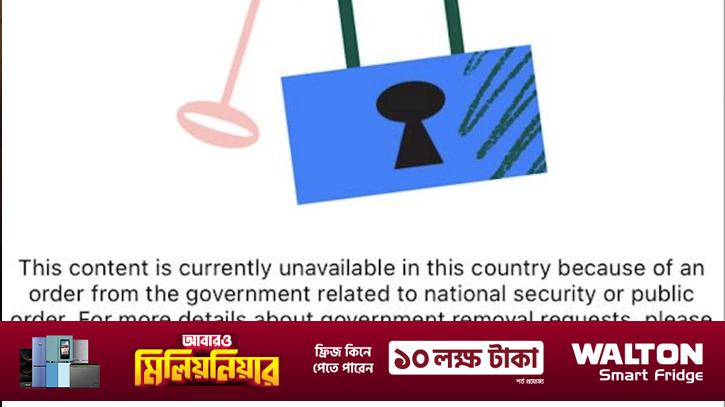
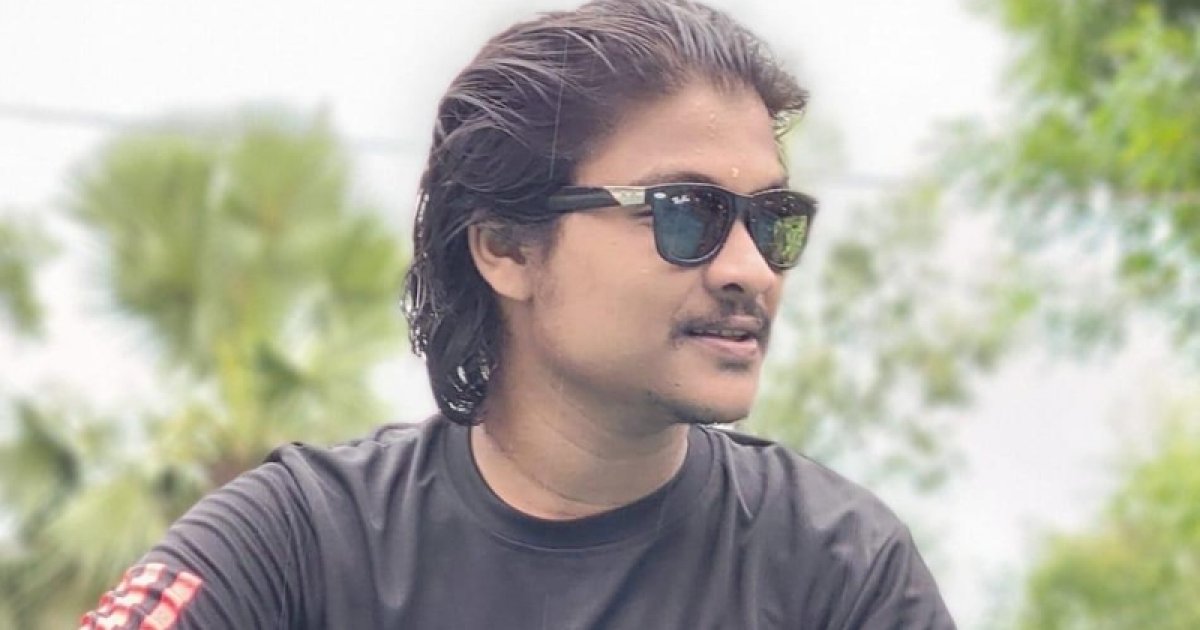
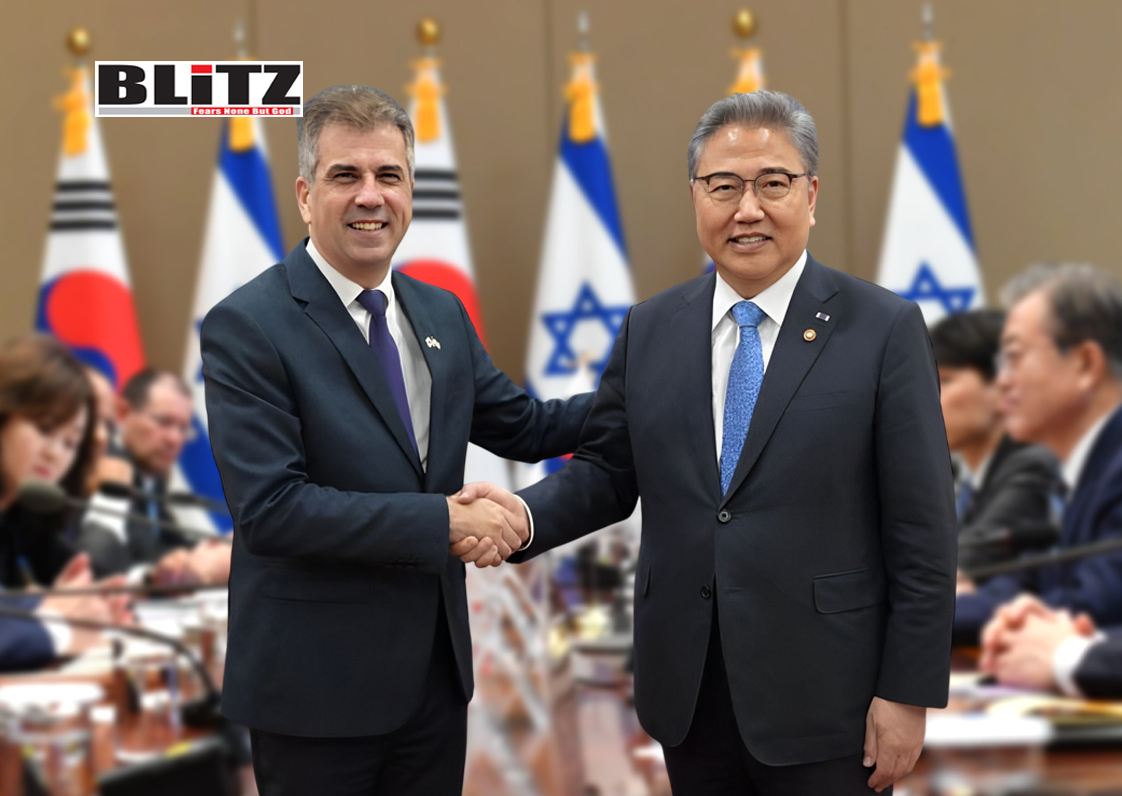

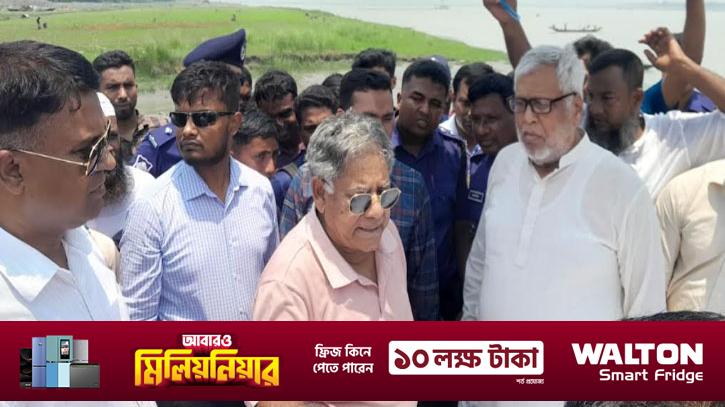
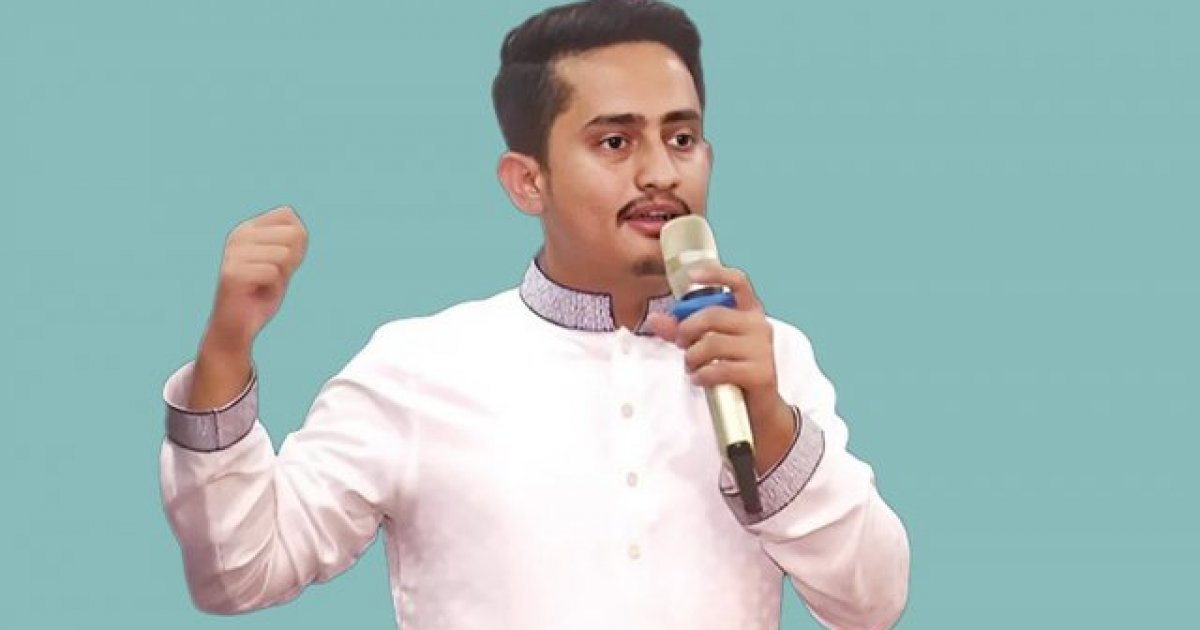
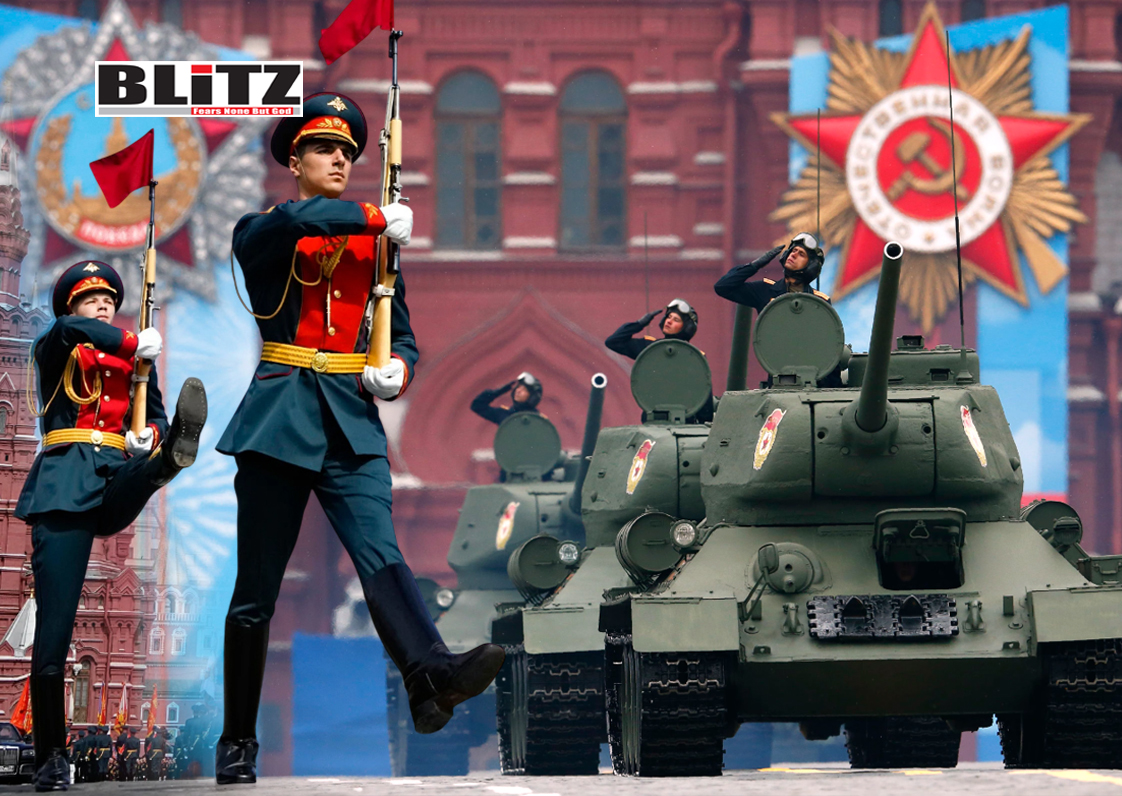
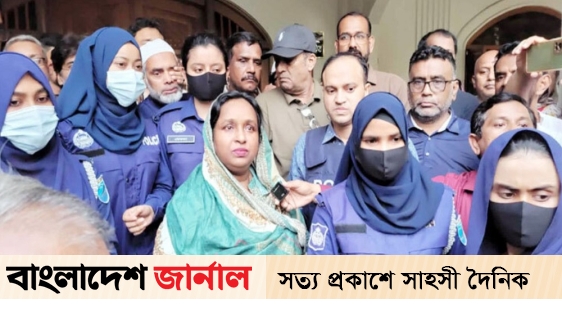
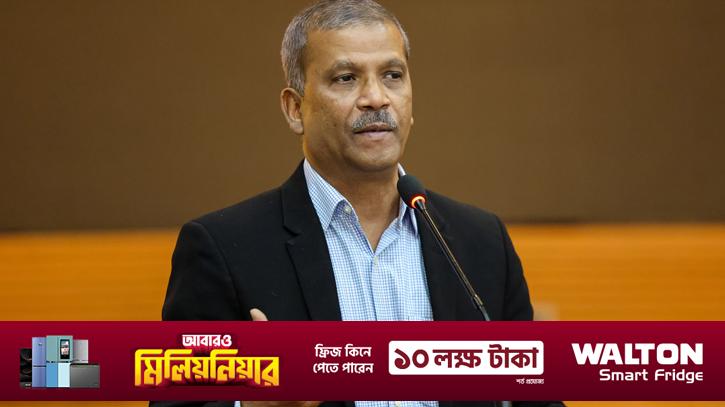
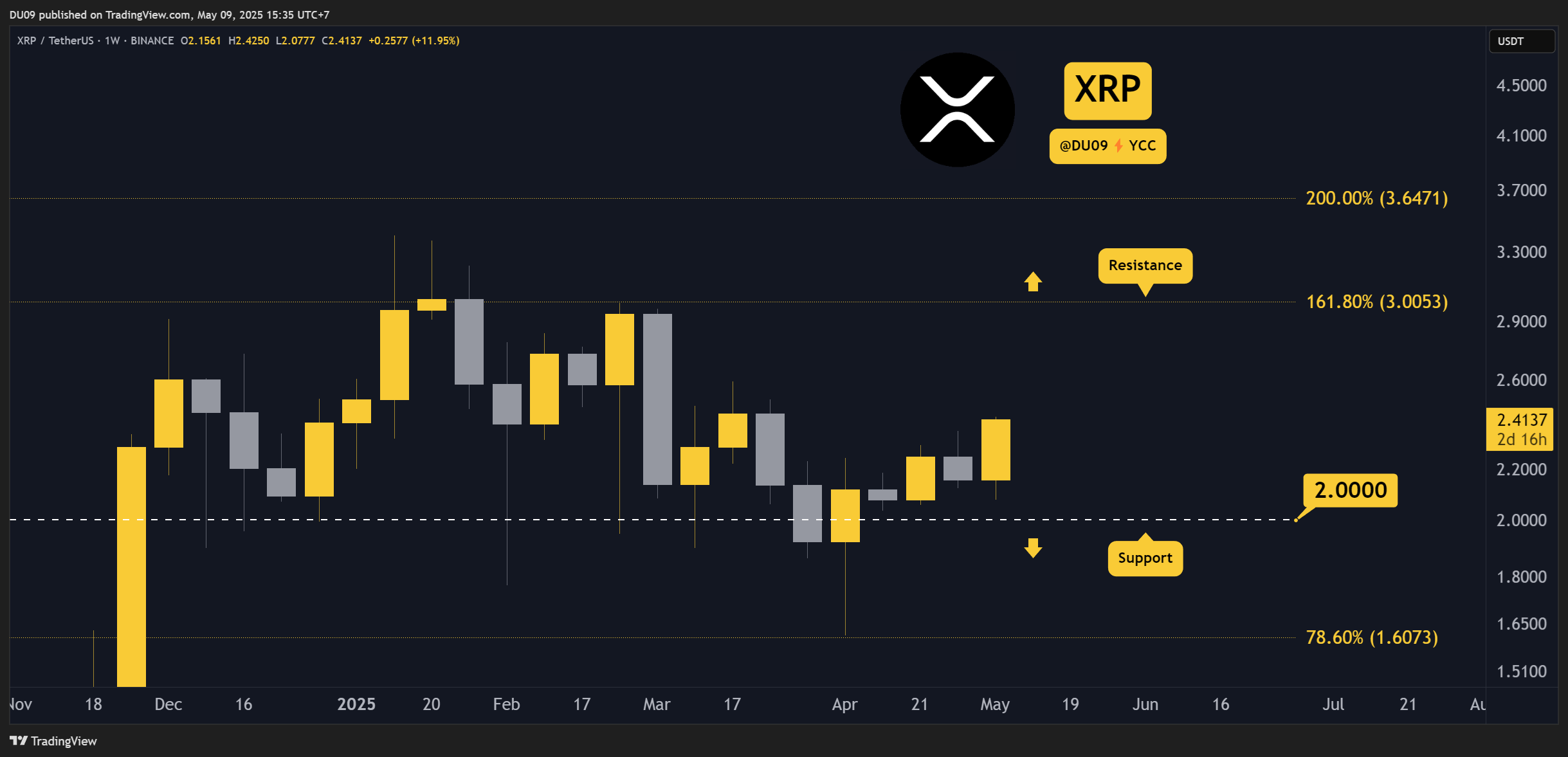
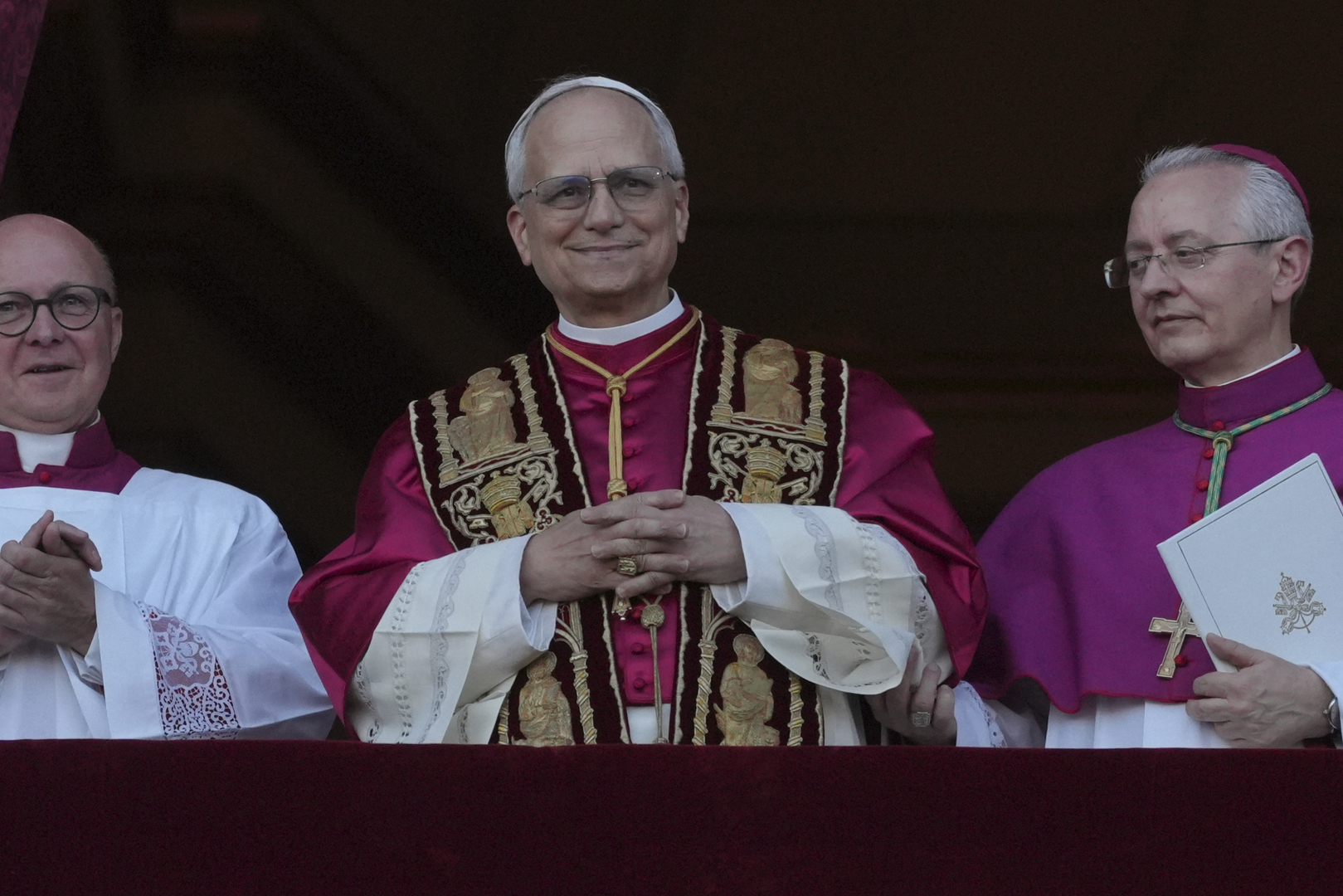
Leave a Reply